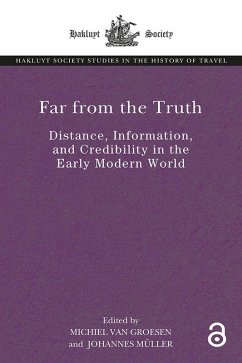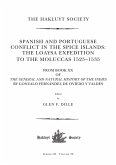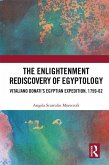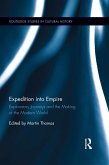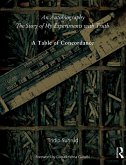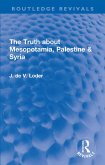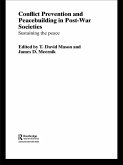Information and knowledge were essential tools of early modern Europe's global ambitions. This volume addresses a key concern that emerged as the competition for geopolitical influence increased: how could information from afar be trusted when there was no obvious strategy for verification? How did notions of doubt develop in relation to intercultural encounters? Who were those in the position to use misinformation in their favour, and how did this affect trust? How, in other words, did distance affect credibility, and which intellectual and epistemological strategies did early modern Europe devise to cope with this problem?
The movement of information, and its transformations in the process of gathering, ordering, and disseminating, makes it necessary to employ both a global and a local perspective in order to understand its significance. The rise of print, leading to various new forms of mediation, played a crucial role everywhere, inspiring theories of modernization in which media served as agents of new connections and, eventually, of globalization. Paradoxically, during the entire period between 1500 and 1800, the demise of distance through various strategies of verification coincided with constructions of otherness that emphasized the cultural and geographical difference between Europe and the worlds it encountered.
Ten leading scholars of the early modern world address the relationship between distance, information, and credibility from a variety of perspectives. This volume will be an essential companion to those interested in the history of knowledge and early modern encounters, as well as specialists in the history of empire and print culture.
The Open Access version of this book, available at http://www.taylorfrancis.com, has been made available under a Creative Commons Attribution-Non Commercial-No Derivatives (CC-BY-NC-ND) 4.0 license.
The movement of information, and its transformations in the process of gathering, ordering, and disseminating, makes it necessary to employ both a global and a local perspective in order to understand its significance. The rise of print, leading to various new forms of mediation, played a crucial role everywhere, inspiring theories of modernization in which media served as agents of new connections and, eventually, of globalization. Paradoxically, during the entire period between 1500 and 1800, the demise of distance through various strategies of verification coincided with constructions of otherness that emphasized the cultural and geographical difference between Europe and the worlds it encountered.
Ten leading scholars of the early modern world address the relationship between distance, information, and credibility from a variety of perspectives. This volume will be an essential companion to those interested in the history of knowledge and early modern encounters, as well as specialists in the history of empire and print culture.
The Open Access version of this book, available at http://www.taylorfrancis.com, has been made available under a Creative Commons Attribution-Non Commercial-No Derivatives (CC-BY-NC-ND) 4.0 license.
Dieser Download kann aus rechtlichen Gründen nur mit Rechnungsadresse in A, B, BG, CY, CZ, D, DK, EW, E, FIN, F, GR, HR, H, IRL, I, LT, L, LR, M, NL, PL, P, R, S, SLO, SK ausgeliefert werden.

